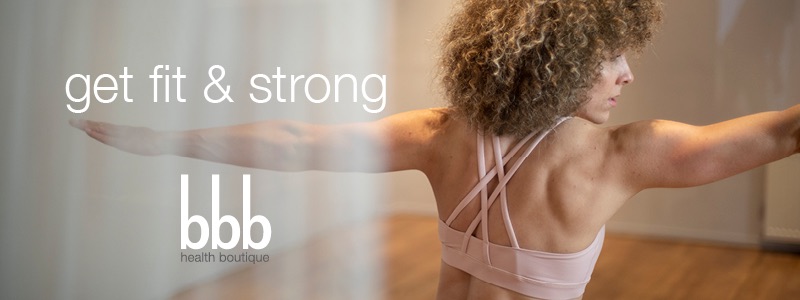Migraine and a holistisch approach
Migraine and a holistic approach
Migraine is a common yet complex neurological condition often characterized by intense headaches, typically on one side of the head. Symptoms can range from nausea and vomiting to sensitivity to light and sound. For many, it can have a devastating impact on daily life and overall health.
A holistic approach to migraine focuses not only on alleviating symptoms but also on understanding the underlying causes and promoting a healthy lifestyle. This includes identifying personal triggers such as stress, dietary patterns, and hormonal changes. It is essential to gain insight into what may provoke attacks so that individuals are better prepared to manage these factors.

Health and lifestyle
A healthy lifestyle is crucial in managing migraines. Regular physical activity, such as yoga or walking, can help reduce tension and improve overall health. It has been proven that exercise releases endorphins, which are natural pain relievers and can contribute to a reduction in migraine attacks. Additionally, nutrition plays an important role. A balanced diet rich in nutrients, such as vegetables, fruits, whole grains, and lean proteins, can enhance overall health and help prevent attacks.
Adequate sleep and stress management are also essential. Poor sleep habits and high stress levels are well-known triggers for migraines. Learning relaxation techniques such as meditation, breathing exercises, and mindfulness can help lower stress and improve sleep quality.
The role of physiotherapy
Physiotherapy can be a valuable addition to a holistic approach for migraine. While physiotherapy does not provide a direct cure, it can help reduce the frequency and severity of attacks by addressing physical factors that contribute to headaches. Many migraine patients experience muscle tension in the neck, shoulders, and back. Physiotherapists can apply techniques such as manual therapy, massages, and mobilizations to relieve this muscle tension.
Furthermore, physiotherapy can assist in improving posture, especially for people who spend a lot of time at a desk. Better posture can reduce pressure on the muscles and nerves, which can lead to fewer headaches. The physiotherapist can also recommend exercises and relaxation techniques specifically aimed at reducing stress and muscle tension, contributing to fewer migraine attacks.
Would you like to learn more about bbb physiotherapy? Click here: https://bbbfysiotherapie.nl/
In conclusion, a holistic approach to migraine, where health, lifestyle, and physiotherapy come together, offers an effective way to improve the quality of life for those suffering from this challenging condition. By addressing both physical and emotional factors, patients can better manage their symptoms and reduce the frequency of attacks.
